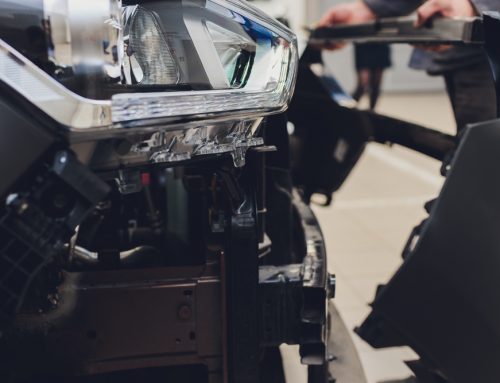A common practice in the bodywork industry is to receive all vehicles on Monday mornings to hopefully deliver them on the Friday. In terms of productivity, this practice often leads to poor performance in the workshop or even exhaustion of team members.
Why? First, bottlenecks in the production chain are formed and affect productivity. More often, these are created during the painting or finishing stage before painting (precision sanding and masking tape). This produces a rush effect in the workshop, leading to peaks in activity and inactivity and creating unnecessary stress for the team.
This practice also reduces the shop’s adaptability. Whether it is to accommodate emergencies, non-drivable vehicles or new repair opportunities, the situation is often complicated and the unexpected is difficult to accommodate without disrupting the entire game plan.
The Benefits of receiving and delivering every day
For their part, efficient workshops have started receiving and delivering vehicles every day. As a result, they have discovered that they are able to maximize their capacity without overburdening team members while getting them to do more work without putting them under more stress.
We see the waiting times for the next repair and cycle times melting like snow in the sun. Parts orders are more stable. So, in addition to achieving a certain harmony, it is possible to make substantial gains in productivity.
How do we do this? This is often the number one headache of those who would like to break the cycle of Monday drop-offs and Friday deliveries. People wonder how to plan the drop-off appointment at the right time for the client. This is where the ProgiPlanning capacity planning tool comes in. It literally connects the CSR to the rest of the workshop, and allows the team to organize itself easily.
Did you know?
One trick to find out of your shop is suffering from bottlenecks is to look at the painting hours you produce each day. If they greatly vary from one day to the next, it’s a major indicator that your shop is suffering from bottlenecks.





